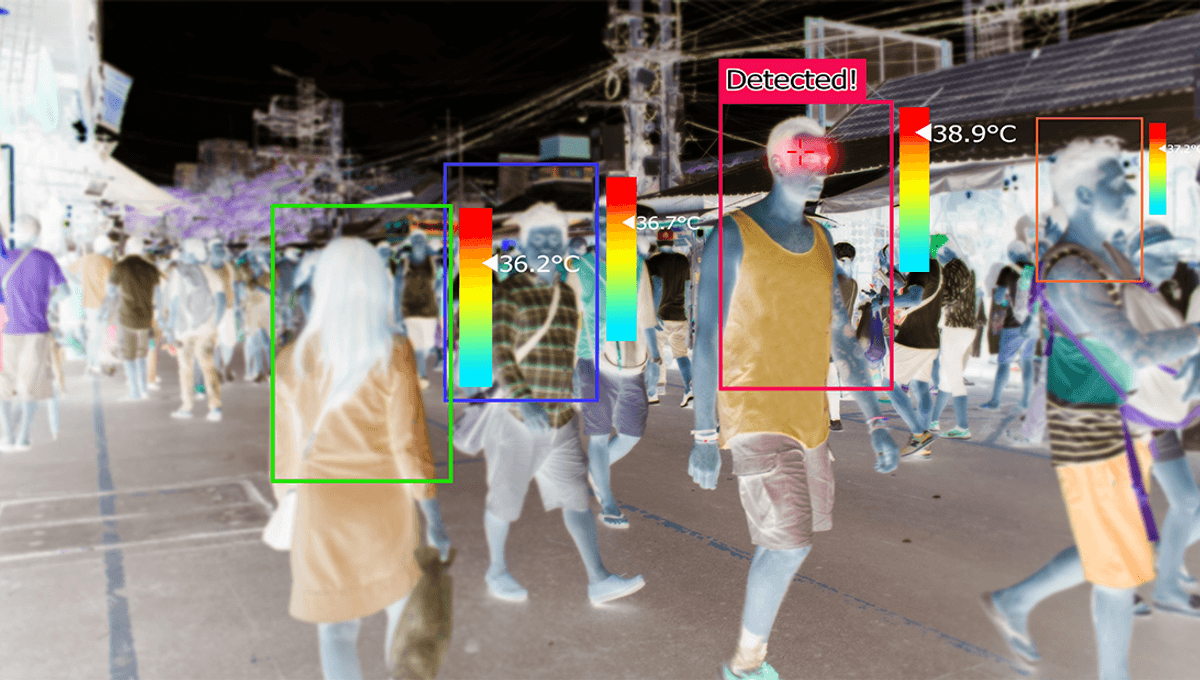
In the mid-19th century, German physician Carl Reinhold August Wunderlich set about establishing the average temperature of the human body. He believed (correctly) that fever is a symptom of a disease, not a disease in itself, and introduced temperature charts at the general hospital at Tübingen, of which he was head.
Building on the work of French doctors that showed inflamed parts of the body have a higher temperature than the rest, and that the average human body temperature was 36.9°C (98.5°F), he set out to prove and refine it. Using a 30-centimeter (12-inch) long thermometer (you’ll be relieved to know it went under the armpit), he measured the temperature of over 25,000 patients, taking more than a million readings. In 1868 he published his findings, having established that the average normal human body temperature was 37°C (98.6°F).
Since then, we have of course found out more about human body temperatures – including that it varies by age, sex, and between the seasons – and that the average temperature may have dropped over the last century. A new study has complicated the picture even further, finding that body temperatures vary significantly from individual to individual. While complicating the definition of normal body temperatures, it could lead to more clinically-useful measures of temperature, tailored to individuals.
“Instead of thinking about a distribution in temperatures, which is what the initial study showed, we’ve taken a mean of 98.6 F and used it as a cutoff value,” Dr Catherine Ley, senior research scientist and lead author of the study, said in a press release. “We’ve used an average value to create a false dichotomy of what’s normal and what’s not.”
Scientists at Stanford Medicine looked at the body temperatures of 618,306 outpatients who visited Stanford Health Care from 2008 to 2017, where the measurements were taken orally.
The team used a machine learning algorithm to identify individuals with diagnoses that were associated with high or low body temperatures, or who were on medication associated with altered temperatures. These were excluded from the study, which focuses on finding typical body temperatures in adults. During this part of the study, the team also identified that Type 2 diabetes is linked to low temperatures, which had not been shown previously.
Looking at the remaining data, they found that temperatures were variable based on age, sex, height, weight, and time of day. Women tended to have higher temperatures than men, while temperatures tended to decrease with age, and slightly increased with weight and height. The biggest influence on body temperature was the time of day, with temperatures lowest in the early morning and highest around 4pm.
“Most people, including many doctors, still think that everyone’s normal temperature is 98.6°F [37°C],” senior study author and professor of medicine Dr Julie Parsonnet said. “In fact what’s normal depends on the person and the situation, and it’s rarely as high as 98.6°F [37°C].”
Overall, the average “normal” temperature was found to range from 36.3°C (97.3°F) to 36.8°C (98.2°F), with an overall average of 36.6 C (97.9 F). Given how much it varies with individual characteristics, however, the team has put together an online tool to see where your own temperature lies in the range.
It’s likely, as has been shown in other studies, that other factors such as the weather, menstrual cycles, and physical activity also affect temperature measurements, though this was not looked at in the study due to data availability. The team hopes that individualized benchmarks for temperature could be used to improve patient outcomes, for instance identifying fevers or unusually low temperatures in individuals with naturally high or low baselines.
The study is published in the journal JAMA Internal Medicine.
Source Link: The Average Human Body Temperature Is Probably Not What You've Been Taught